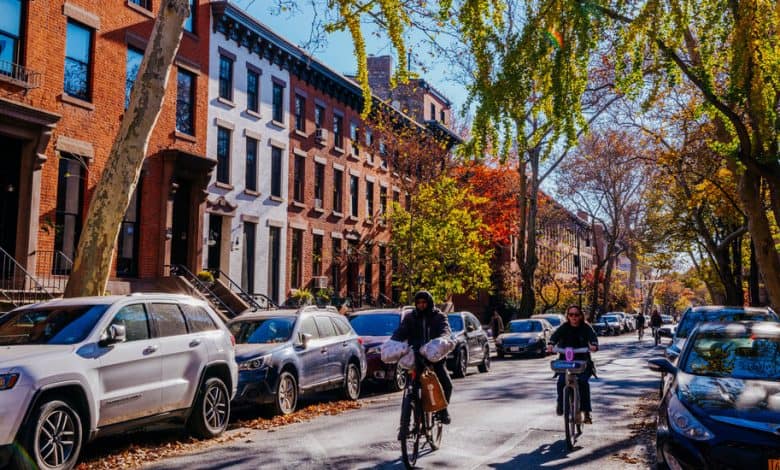Lawsuit Over New York City’s Property Tax System Can Proceed, Court Says

A lawsuit that could upend New York City’s property tax system was cleared to move forward by the state’s highest court on Tuesday. The decision is a victory for housing groups that complain that the system favors owners of wealthy Brooklyn brownstones and high-end Manhattan condos over renters and owners in lower-income neighborhoods.
The 5-4 decision by the State Court of Appeals strikes at one of the most intractable elements of New York’s housing crisis: Nearly everyone agrees that the property tax system is inequitable and opaque and puts more of a burden on lower-income people. But, while many politicians have proposed overhauls over the years, none have succeeded at making changes through legislative routes.
The lawsuit takes aim at both the city and the state, with the goal of forcing change through the courts instead. The suit was originally filed in 2017 by a group of property owners, renters and other advocacy groups called Tax Equity Now New York, or TENNY.
TENNY’s lawsuit says that homes with equivalent values are currently taxed at different rates depending on where they are in the city. The group’s complaint shows that a property in Canarsie, for example, is assessed at “triple the rate of the same properties in Park Slope,” according to the court’s Tuesday decision. The lawsuit also points out that the city taxes rentals at higher rates than owners of higher-end condominiums and co-ops, costs that are then passed on to renters.
A lower court dismissed TENNY’s complaint in 2020, on grounds that the legislature could make changes to the tax laws. The case had been viewed even by many of its supporters as a long shot. But the decision on Tuesday from the Court of Appeals allowed some of the original claims against the city to move forward.
Martha E. Stark, TENNY’s policy director and a former finance commissioner under Mayor Michael Bloomberg, said there was no timetable yet. But she said the court’s decision made clear that the city could and should act to make the tax system more fair.
“The city has an opportunity here to fix its notoriously broken property tax system,” she said. “It has some of those tools within its own toolbox.”
At a news conference on Tuesday, Sylvia O. Hinds-Radix, the city’s corporation counsel, noted that the court did not say the lawsuit was over, and that the case goes back to a lower court where “determinations are going to be made.”
Speaking to reporters on Tuesday, Gov. Kathy Hochul called the decision a “rather dramatic shift,” adding that she still needed to tease out the implications of the decision and decide with Mayor Eric Adams what the “right solution” would be.